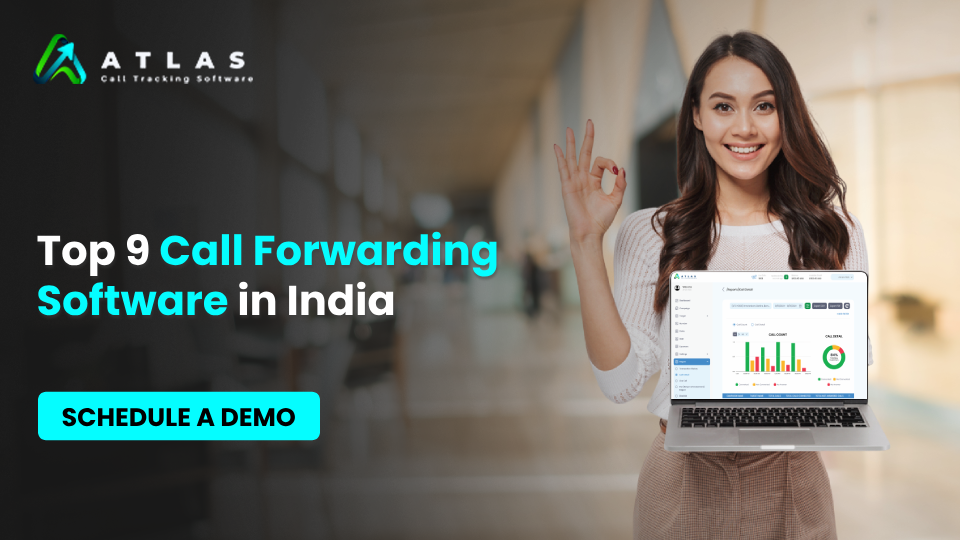9 Tips for Optimizing Ad Campaigns for Better Results
What is Ad Campaign Optimization? Ad campaign optimization is the process of improving the performance of advertising efforts by analyzing data, making strategic adjustments, and ensuring that campaigns achieve maximum return on investment (ROI). It involves refining targeting, adjusting ad creatives, optimizing bids, and improving conversion tracking. The goal is to minimize wasted ad spend while increasing the effectiveness of campaigns that’s why at the end of blog we wrote some useful 9 tips for Optimizing Ad Campaigns for Better Results. Why is Campaign Optimization Important? Campaign optimization ensures that advertising budgets are spent efficiently, maximizing results while minimizing costs. Here are key reasons why it is crucial: Types of Optimization for Ad Campaigns There are several ways to optimize ad campaigns, each targeting different aspects of performance: 1. Audience Targeting Optimization Refining audience segmentation ensures that ads reach the right people. ATLAS helps advertisers analyze call data to identify high-converting audience segments and optimize ad targeting accordingly. 2. Keyword and Ad Copy Optimization ATLAS tracks which keywords drive the most high-quality calls, helping advertisers refine their ad copy and bidding strategy for better results. 3. Budget and Bidding Optimization Using call attribution insights, advertisers can allocate budgets more effectively, focusing on high-performing ads and reducing spend on underperforming ones. 4. Channel Optimization With multi-channel tracking, ATLAS helps businesses determine which platforms (Google Ads, Facebook, etc.) generate the most valuable leads, enabling smarter allocation of ad spend. 5. Call Routing Optimization ATLAS ensures calls are routed to the right teams or representatives based on campaign performance and user intent, improving conversion rates. What Are the Benefits of Ad Campaign Optimization? 1. Higher ROI on Ad Spend By focusing on high-performing keywords, audiences, and ad channels, ATLAS ensures that every advertising dollar generates maximum value. 2. Improved Lead Quality Instead of just tracking clicks, ATLAS helps businesses analyze call data, allowing them to attract leads with genuine intent to convert. 3. Better Customer Insights ATLAS provides detailed call analytics, helping businesses understand customer behavior, preferences, and pain points, leading to more effective campaigns. 4. Enhanced Campaign Scalability With automated tracking and analytics, advertisers can scale their campaigns confidently, knowing which strategies drive real results. 5. Data-Driven Decision Making ATLAS eliminates guesswork by offering actionable insights based on real-time call tracking and attribution. How to Optimize Ad Campaigns Effectively Optimizing ad campaigns requires a combination of data analysis, strategic adjustments, and continuous testing. Here are some key strategies: 1. A/B Testing Testing different ad creatives, headlines, and calls to action (CTAs) helps determine which elements drive the best results. ATLAS provides insights into which variations generate more valuable leads. 2. Budget Reallocation Shifting budget from underperforming ads to high-converting ones ensures that ad spend is optimized for maximum ROI. 3. Bid Strategy Adjustments Using data from ATLAS, advertisers can adjust bidding strategies to focus on the most valuable calls and leads. 4. Audience Refinement By continuously analyzing call data, advertisers can refine audience targeting to reach the most relevant and high-converting users. 5. Ad Scheduling Optimization Determining the best times to run ads based on call conversion data helps ensure that campaigns reach audiences when they are most likely to engage. 9 Tips for Optimizing Ad Campaigns for Better Results Optimizing your ad campaigns for Google and Meta Ads requires a strategic approach. Here are seven essential tips: 1. Use Data-Driven Targeting Analyze audience demographics, behavior, and interests to ensure your ads reach the right people. 2. Refine Your Ad Copy and Creatives Test different headlines, images, and ad formats to identify what resonates most with your audience. 3. Leverage Lookalike and Custom Audiences On Meta Ads, use lookalike audiences to expand your reach while targeting users similar to your best customers. 4. Optimize Landing Pages for Conversions Ensure that your landing pages are relevant, fast-loading, and have clear calls to action (CTAs) for better conversions. 5. Utilize Automated Bidding Strategies Google and Meta offer automated bidding options that adjust your bids based on real-time performance data. 6. Monitor and Adjust Ad Frequency Avoid ad fatigue by controlling how often users see your ads to maintain engagement without overwhelming them. 7. Analyze Call Data for Better Attribution With ATLAS, track which ads drive quality calls and refine your campaign strategy based on call insights. 8. Utilize Retargeting Strategies Use retargeting ads to re-engage users who have interacted with your brand but haven’t converted yet. Google and Meta provide powerful retargeting options to keep potential customers engaged. 9. Test Different Ad Placements Experiment with different placements across search, display, and social media to determine where your ads perform best. ATLAS can help track conversions from different placements to optimize your strategy. How ATLAS Enhances Campaign Performance 1. Accurate Call Attribution ATLAS links inbound calls to specific ads, keywords, and campaigns, helping businesses understand which marketing efforts drive conversions. 2. Real-Time Analytics and Reporting With real-time monitoring, advertisers can quickly adjust strategies and prevent wasted ad spend. 3. Seamless CRM and Ad Platform Integration ATLAS integrates with major CRMs and ad platforms, allowing for a smooth workflow between marketing and sales teams. 4. Call Scoring for Lead Qualification By analyzing call quality, ATLAS helps businesses prioritize high-value leads and optimize follow-ups. 5. Fraud Prevention and Spam Filtering ATLAS detects fraudulent calls and spam, ensuring that advertising budgets are spent only on genuine prospects. How ATLAS Call Data Optimizes Ad Campaigns ATLAS collects and analyzes call data to provide advertisers with deep insights into their campaign performance. Here’s how it helps optimize ad campaigns: Frequently Asked Questions (FAQs) Conclusion Optimizing ad campaigns is essential for maximizing marketing effectiveness and ROI. With ATLAS, businesses gain deep insights into their call data, allowing them to fine-tune ad targeting, budget allocation, and campaign strategies. By leveraging call tracking and analytics, ATLAS ensures that every ad campaign delivers better results with data-driven decisions.
9 Tips for Optimizing Ad Campaigns for Better Results Read More »



